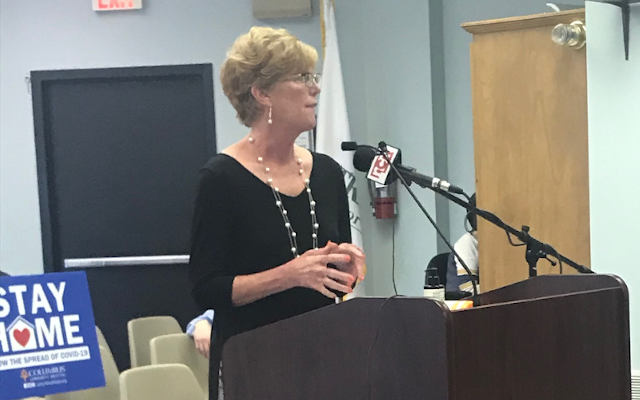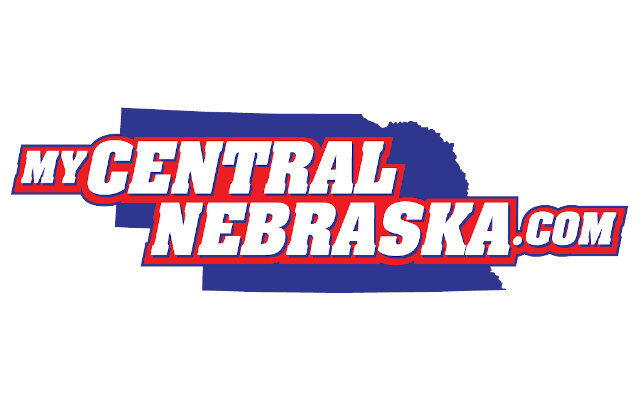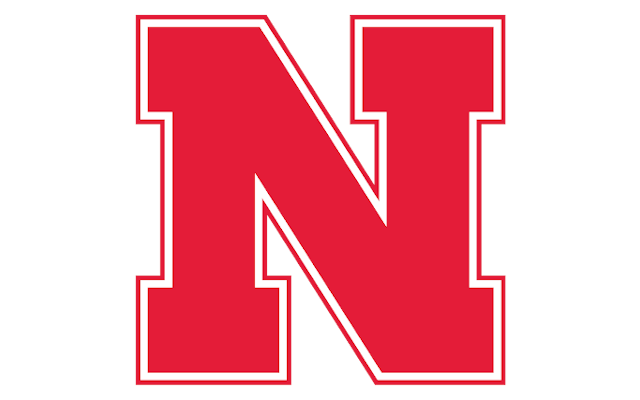Columbus Officials Break Down Small Business Emergency Loans

COLUMBUS- A Directed Health Measure to bar all public gatherings with an expected presence of more than 10 people is continuing for all of Nebraska. This has meant a number of area businesses that can’t operate without following the guidelines of the 6 foot social distancing rules are forced to close. At a press conference Monday, Columbus Mayor Jim Bulkley said the purpose of the measure is to flatten the curve or slow the spread of COVID-19…
The U.S. Small Business Administration launched a $349 billion emergency loan program last week entitled Paycheck Protection Program, as part of the Coronavirus Aid, Relief, and Economic Security Act or “CARES”. Nebraska Department of Labor Columbus Career Center’s Bernie Hansen is urging Nebraskan’s to apply for unemployment under CARES if they have lost their job due to COVID-19…
Hansen said the Work Search Waiver has been extended from May 2nd to August 1st. Hansen says Nebraskan’s should not walk away from their job in order to receive unemployment insurance benefits…
The program also provides forgivable loans up to $10 million to small businesses left financially distressed by the COVID-19 pandemic. The Paycheck Protection Program’s maximum loan amount is $10 million with a fixed 1% interest rate and maturity of two years. The loans are available to cover up to eight weeks of average monthly payroll, based on 2019 figures, plus 25% and payments are deferred for six months, interest does accrue. The SBA will forgive the portion of loan proceeds used for payroll costs and other designated operating expenses for up to eight weeks, provided at least 75% of loan proceeds are used for payroll costs. Eligible expenses for the eight-week forgiveness include:
- Payroll costs (excluding the prorated portion of any compensation above $100,000 per year for any person. Payroll costs include salary, commissions, tips; certain employee benefits including sick leave and health care premiums, and state and local taxes;
- Mortgage interest (not prepayment or principal payments) and rent payments on mortgages and leases in existence after February 15, 2020;
- Utilities such as electricity, gas, water, transportation, phone and internet access for services that began before February 15, 2020; and
- Additional wages paid to tipped employees.
Bryan Chochon with Great Plains Bank explained what businesses qualify…
Chohon says if your lender isn’t participating at this time, check with them to see if they will in the future. Chohon says most banks don’t know when the loans will be funded…
SBA also issued guidance clarifying that all faith-based organizations impacted by COVID-19 are eligible to participate in the Paycheck Protection Program and the Economic Injury Disaster Loan program, without restrictions based on their religious identity or activities, to the extent they meet the eligibility criteria. Visit www.SBA.gov/Coronavirus for information about protecting your business, employees and customers.


